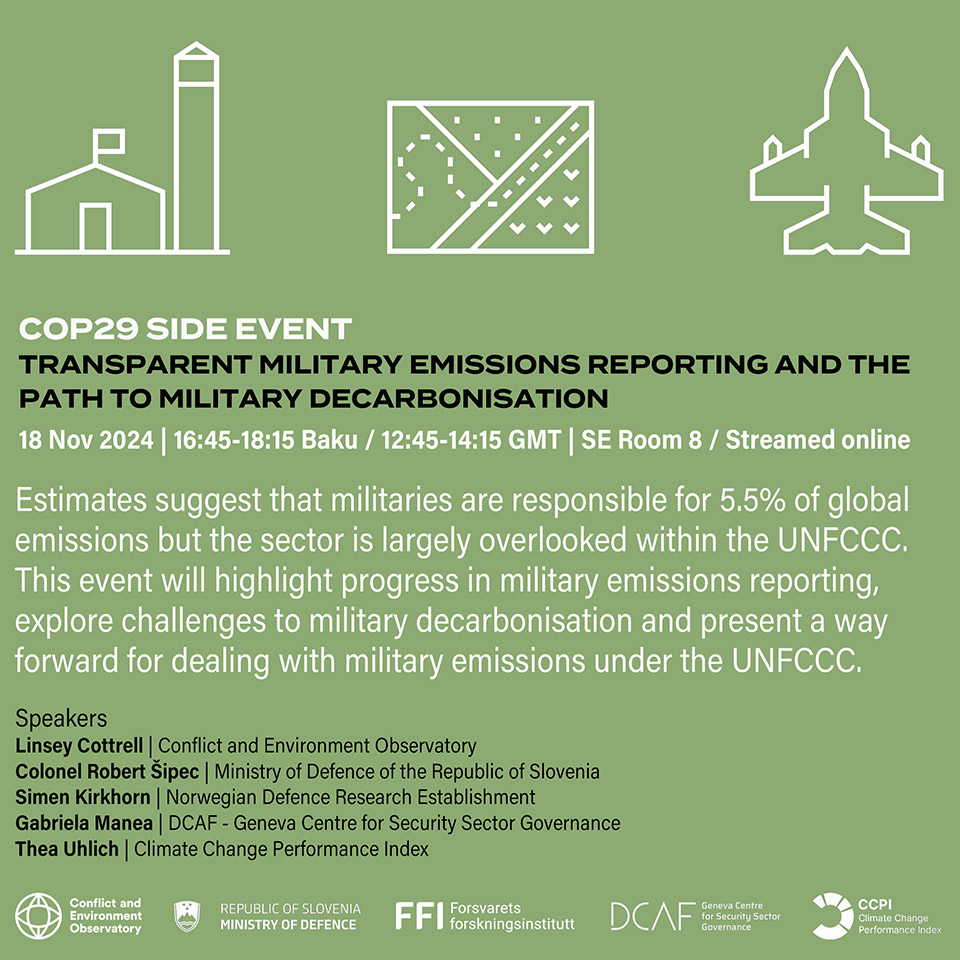
**UN Climate Change Conference COP29: Forging Ahead for Climate Resilience and a Worldwide Energy Shift**
On November 24, 2024, the UN Climate Change Conference (COP29) wrapped up in Baku, Azerbaijan, leaving a profoundly significant legacy. With nearly 200 nations in attendance, the conference marked a fresh beginning in climate financing and international climate cooperation. In light of increasing climate catastrophes and the ongoing transition to clean energy, the newly established agreements and frameworks from COP29 seek to tackle both pressing climate challenges and long-term equitable development.
### A Milestone in Climate Financing
Central to COP29 was the **New Collective Quantified Goal on Climate Finance (NCQG)**—a momentous agreement designed to equip developing nations with vital resources to counter the unequal impacts of climate change.
Two primary objectives were established in this pact:
1. **Tripling annual climate financing for developing countries to USD 300 billion by 2035**, elevating the target from the long-standing yet frequently unmet USD 100 billion annual aim.
2. **Increasing total contributions from public and private domains to USD 1.3 trillion per year by 2035**, emphasizing the collective duty of governments, enterprises, and other parties involved.
Simon Stiell, UN Climate Change’s Executive Secretary, highlighted the crucial need to honor these ambitious financial commitments: “Promises must be upheld to safeguard billions of lives. This new financial goal acts as a safety net for humanity amidst escalating climate challenges impacting every nation.”
### The Significance of Finance
As the frequency and severity of climate-induced disasters rise, developed nations are enhancing their financial pledges to alleviate the impacts of climate change on developing regions. These financial resources will fulfill various roles, from shielding vulnerable economies and bolstering early warning frameworks to facilitating the substantial rollout of clean energy.
The ongoing transition to clean energy, already a global economic sensation, further emphasizes the necessity of climate finance. In 2024, worldwide investment in clean energy is predicted to surpass **USD 2 trillion for the first time**, as indicated by the International Energy Agency. The agreements made during COP29 are intended to enable developing countries to participate in this transformative progress, promoting job creation, cleaner air, more affordable renewable energy, and stronger economies.
### Expanding on Progress: Foundations of COP27 and COP28
The agreements reached in Baku were not created independently; they build upon the achievements of previous COP conferences:
1. **COP27** in Sharm el-Sheikh saw the establishment of the notable **Loss and Damage Fund**, a program to aid nations already suffering from climate repercussions.
2. **COP28** introduced an ambitious global agreement to eliminate fossil fuels, triple renewable energy production, and bolster climate resilience—aligning energy infrastructures with a sustainable and fair future.
Building upon these earlier developments, COP29 advanced potential discussions on carbon markets, which had escaped resolution in earlier sessions. These markets are anticipated to streamline the execution of climate strategies, reducing expenses and improving efficacy as countries aim for their emissions reduction goals.
### The Path Forward: Hurdles and Pledges
Despite the groundbreaking agreements, it is clear that COP29 only addressed part of the climate conundrum. Simon Stiell honestly described the results as vital yet partial: “No nation achieved everything it desired, and we depart from Baku with substantial work ahead.” Several countries voiced concerns, particularly regarding the sufficiency of timelines and the fair distribution of financial duties.
Adding to the urgency is the impending deadline for enhanced **Nationally Determined Contributions (NDCs)** in 2025, requiring nations to present updated action plans that cover all greenhouse gases and sectors. The new agreements highlight that achieving the Paris Agreement’s aim of capping warming at 1.5°C is not merely a collective obligation but an urgent imperative.
Encouragingly, **the UK and Brazil**, two essential G20 nations, have indicated their intent to significantly boost their NDCs, acknowledging that aligning their economies with climate objectives leads to tangible domestic advantages such as economic growth and improved public welfare.
### A Springboard Toward COP30 in Belem
The journey continues beyond Baku. The results of COP29, while meaningful, simply pave the way for further advancements at **COP30**, scheduled to occur in Belem, Brazil. Key unresolved matters like operationalizing the Loss and Damage Fund, boosting international collaboration, and focusing on specific sectoral climate initiatives will stay at the forefront.
Stiell’s closing observations encapsulated the essence of this intricate process: “The UN Paris Agreement is humanity’s lifeline; nothing else exists. Thus, here in Baku, as well as in the nations represented in this gathering, we are embarking on this journey together.”
### Conclusion: Solidarity in Collective Action
COP29 serves as a testament to global unity in confronting the climate crisis. The agreements finalized in Baku illuminate the potential of what can be achieved when